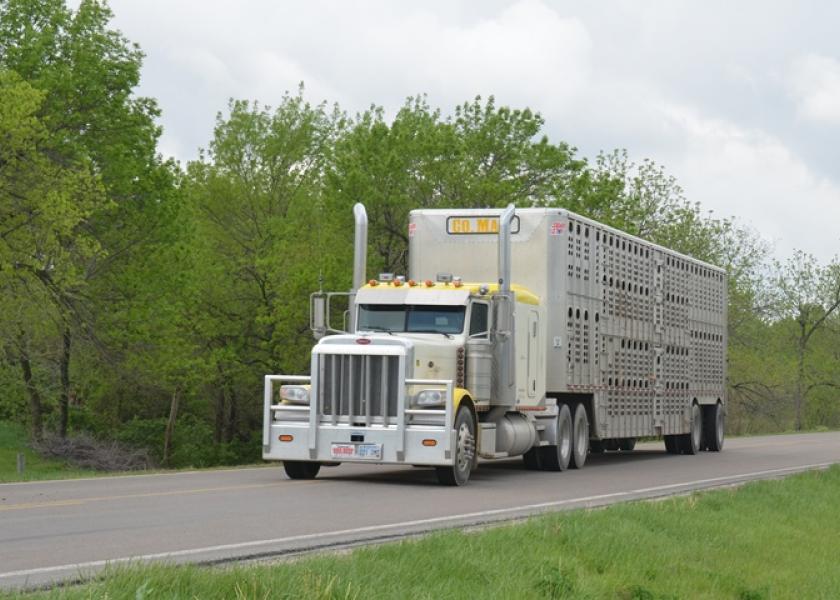Missouri Legislators Push for Stricter Penalties to Protect Livestock Transportation

Interfering with the shipping of livestock may soon be a felony offense in the state of Missouri, with the inclusion of Rep. Brenda Shields’ (District 11) bill as part of a larger public safety package that has been delivered to Missouri’s Governor Mike Parson for a decision.
The bill titled, “Offense of Interference with Transportation of Livestock” criminalizes any person who knowingly stops or otherwise interferes with a motor vehicle transporting livestock; provokes or disturbs livestock when the livestock is confined in a motor vehicle; or puts or places a substance on the livestock that affects its health or use, according to the legislative documents.
Such activity would result in a class E felony for the first offense and a class C felony for any subsequent offense, while current punishment includes a misdemeanor and a $1,000 fine.
Shields told a local news source that her sponsorship of the bill is fueled by issues in transferring hogs within her district that includes a large pork processing plant.
She explains that trucks were being slowed down or stopped, tainted water was thrown into the truck [trailer] and hypodermic needles were put into the loaded hogs.
From a quality, reliability and food supply standpoint, Shields says consumers expect safe protein and processors expect pigs that haven’t been tampered with. Pigs go through the entire process to get to the plant, making sure the pig is clean and free of any contaminants, she adds. However, if the processor comes across one of these hypodermic needles, production halts immediately until the source of the needle is identified. The entire line then must be cleaned and valuable production time is lost.
While not only a hinderance to production, the costs due to these acts may be passed to consumers on grocery store shelves, Shields notes.
It’s been proven over again that these animals are transported in a very safe way with very little stress, Shields adds, and the people who tamper with the process, often animal rights proponents, are causing unnecessary pressure and interruptions to the livestock industry.
The full text of Rep. Shield’s bill can be found here, along with other bills included in the public safety package.







